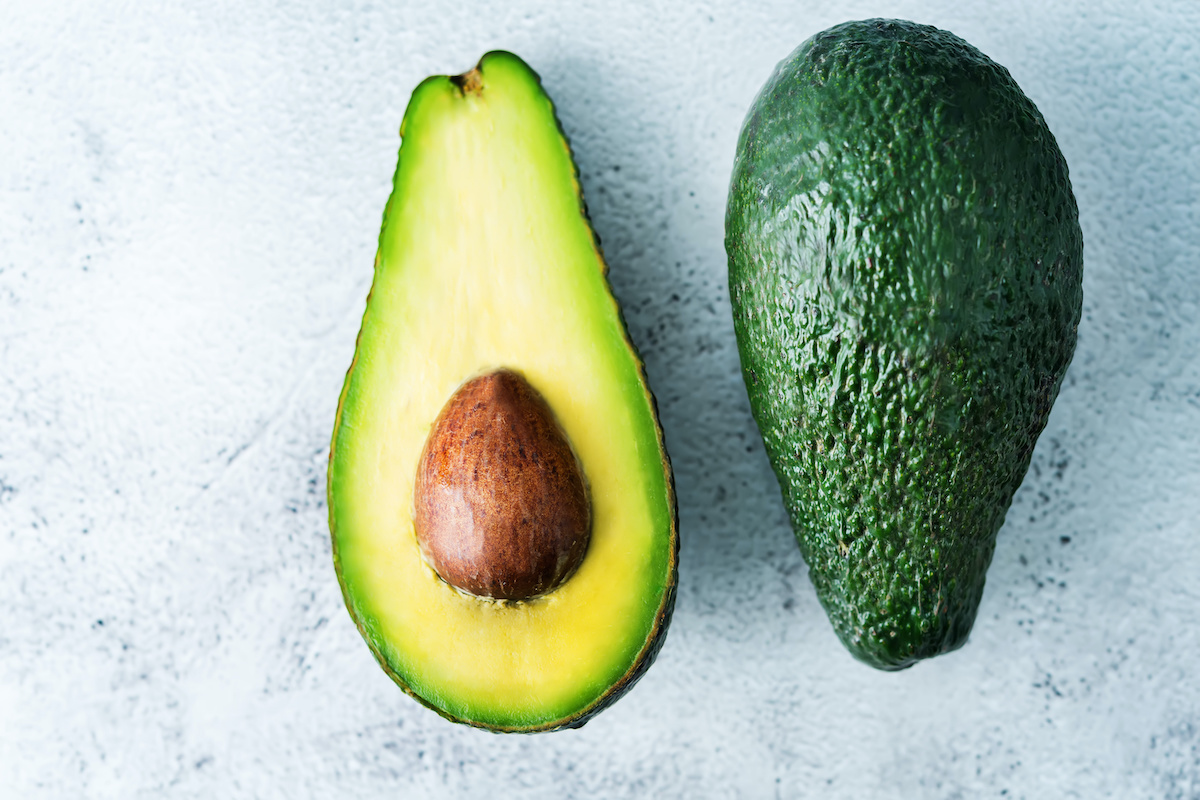How Keto Dieting Makes Muscle Cells More Resistant to Stress

Like the Atkins Diet before it, the keto diet has seemingly risen to become the defining weight loss programme of our time — the irony being that Dr Atkins applied a number of aspects of keto diets to his own developing plan in the 1970s.
There are many versions of the keto diet, but modern interpretations rest on three tenets: very low carbohydrate intake, moderate protein levels, and lots of fats. The idea is that this trains the body to become efficient at burning fat and to convert fat into energy.
You can restrict carbohydrates more prescriptively to 20g per day, but the keto diet is made more achievable for people by recommending a ratio of 1:1 fat to carbohydrate and protein. This is still a mighty challenge, and herein lies the pitfalls which we will get to later. But first, the headline news, with a recent study from Stanford University published in Cell Metabolism finding that the ketogenic diet can help muscle and stem cells survive stress, and in turn potentially allow a person to live longer.
The Study
The study was primarily focused on fasting in mice, with those fasting between 1 and 2.5 days less able than non-fasting animals to regenerate new muscle in their hind legs in response to injury. While they took longer to repair when they were damaged, cells in mice that were fasting were much less likely to take damage and were more resilient.
They survived better when grown on a lab dish under challenging conditions including nutrient deprivation, exposure to cell-damaging chemicals and radiation. They also survived transplantation back into animals better than those from non-fasting animals.
“Usually, most laboratory-grown muscle stem cells die when transplanted,” said Dr Thomas Rando, a neurology professor at Stanford and the study’s lead-author. “But these cells are in a deep resting state we call ketone-induced deep quiescence that allows them to withstand many kinds of stress.”
Interestingly — and this is where keto dieting comes into it — muscle stem cells isolated from mice fed a ketogenic diet, or a normal diet coupled with injections of ketone bodies, displayed the same characteristics of the deeply quiescent stem cells from fasting animals.
“As we age, we experience slower and less complete healing of our tissues,” said Rando. “We wanted to understand what controls that regenerative ability and how fasting impacts this process. We found that fasting induces resilience in muscle stem cells so that they survive during deprivation and are available to repair muscle when nutrients are again available.
“It would be beneficial if the effects of fasting on stem cells could be attained through ketone bodies, supplanting the need to fast or to eat a ketogenic diet,” Rando said. “Perhaps it may be possible to eat normally and still get this increased resilience.”
Important Keto Diet Considerations
While these findings obviously lean into the positives, there are a number of potential downsides to going on a keto diet. In our keto diet email course, head of nutrition at Form, Dr Adam Collins, neatly summarised three uncertainties which it’s important to consider for balance purposes, but also to work out whether the plan is right for you.
Unsustainable in the long run
“Restricting carbohydrates to 50g or less can be challenging given the fact that carbs are found in most foods. This restriction can limit food choice and it’s important to remember that maintaining a low-carb intake isn’t always easy.”
The ill effects of high fat intake
“Following a low-carb diet doesn’t guarantee you are in ketosis constantly, and your metabolic state may fluctuate with just slight adaptations to carb intake. Is this a problem? Well, yes and no. No in the sense that a low-carb diet even with periods of ketosis can be beneficial, but yes in that if you are maintaining a high-fat intake and fail to reduce carbs then there can be ill effects of a high-fat intake – failing to lose body fat and potentially contributing to health risk in the long run.”
You can still eat badly on low carbs
“You can still eat too much and eat “crap” on a low-carb diet. The food industry has cottoned on to the popularity of low-carb and keto diets and has now started to offer indulgent foods to meet this market. Hence you can still eat unhealthy, highly palatable foods on a low-carb diet, which might mean you may not necessarily get the reduction of calories often observed.”


















